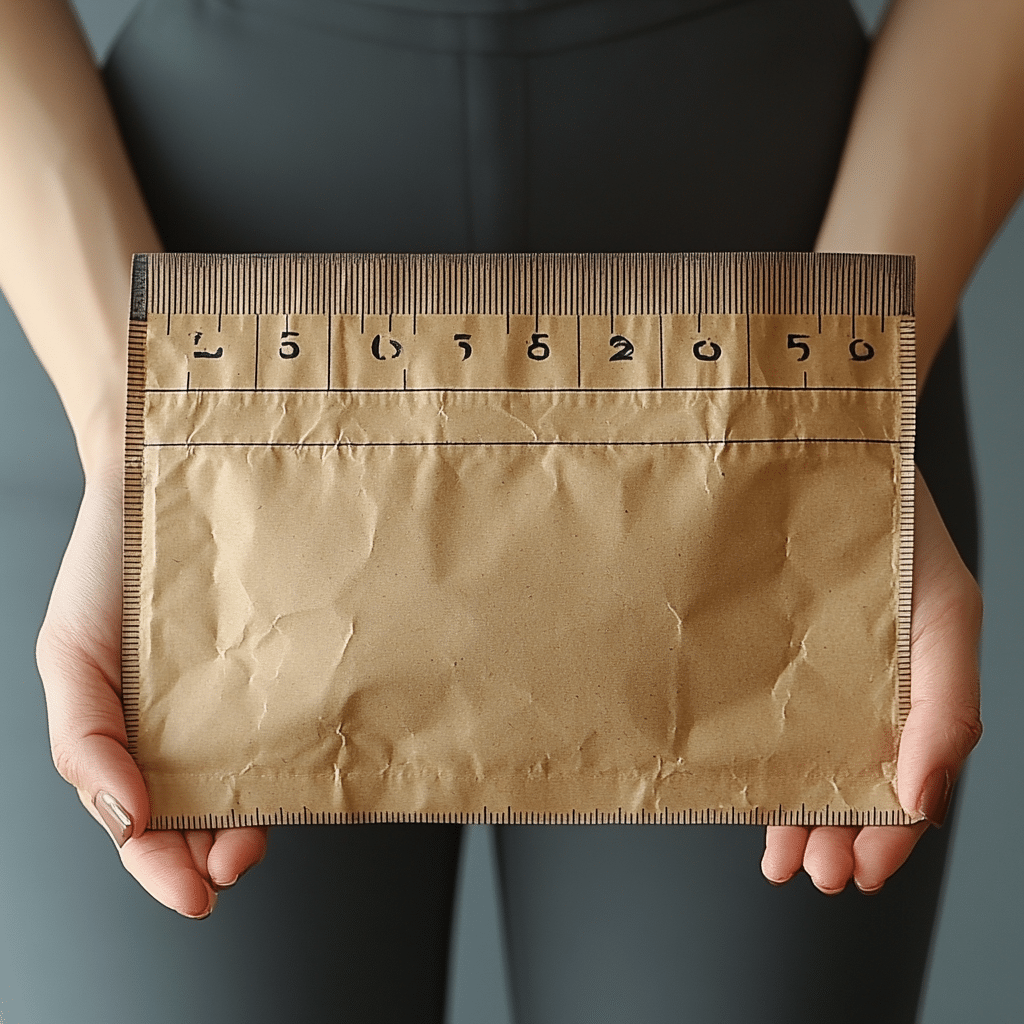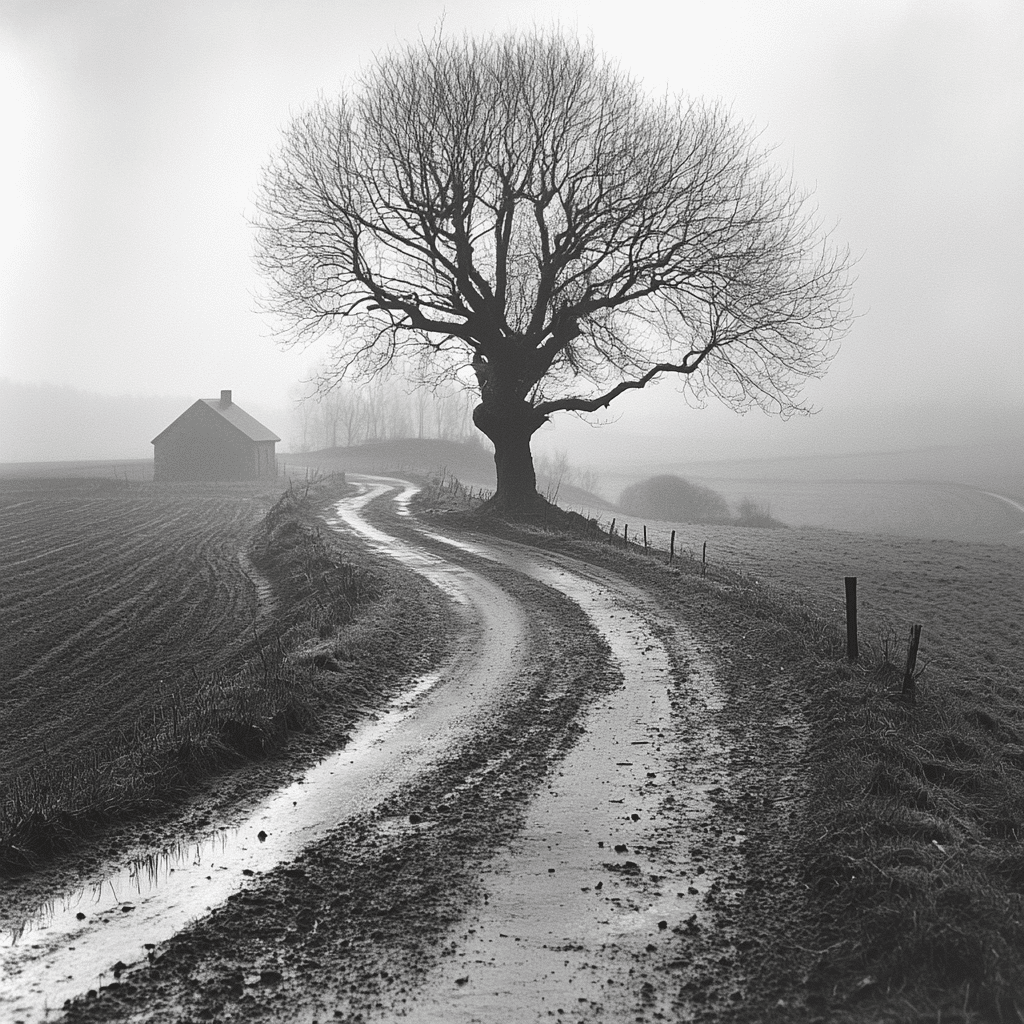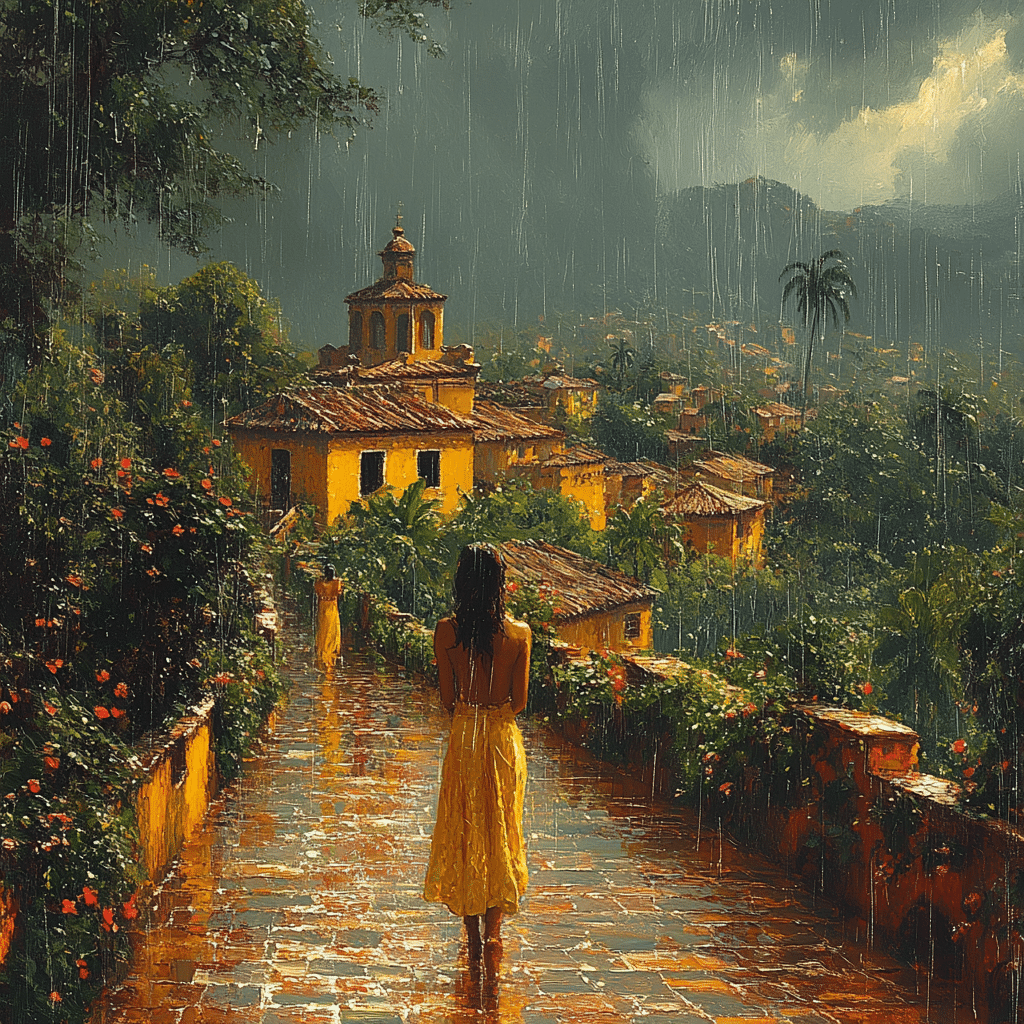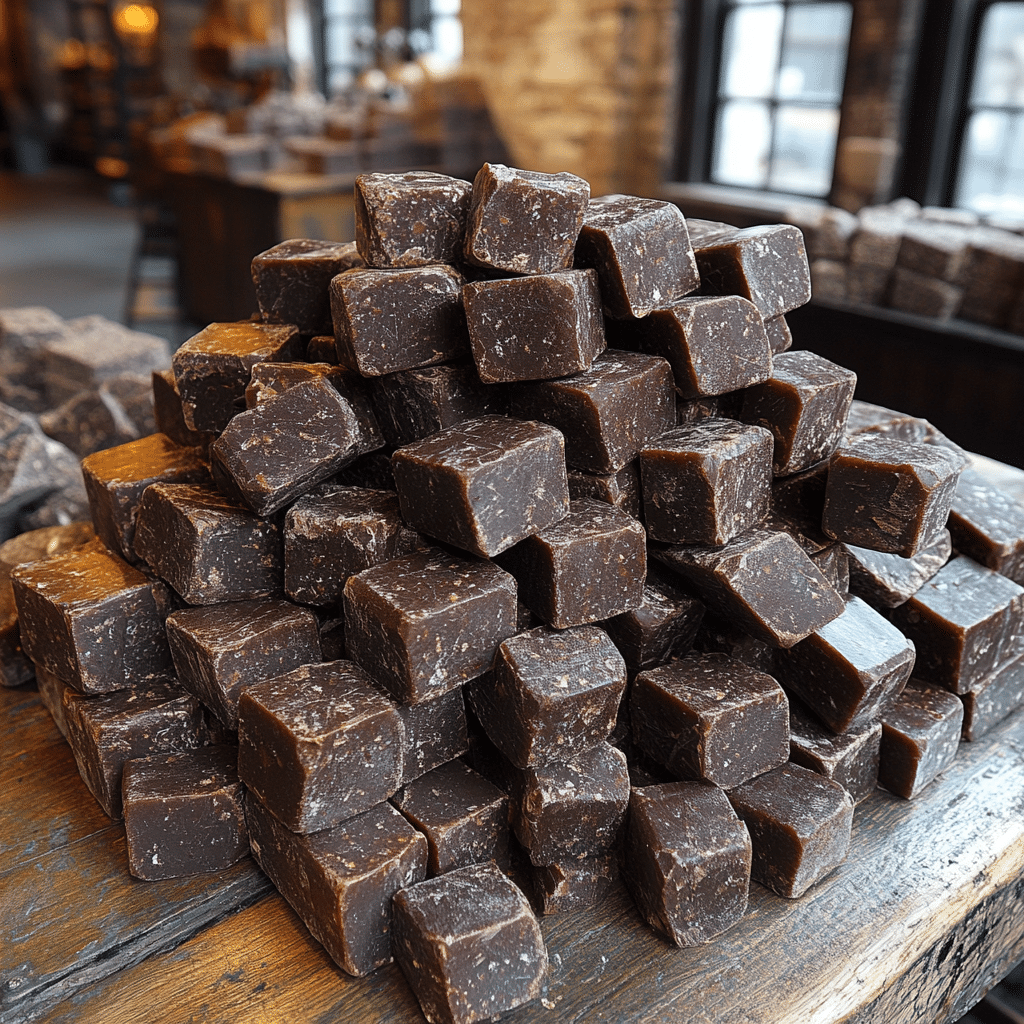When we say “Sunday in Spanish,” we’re talking about domingo, a term steeped in history, culture, and a distinct sense of community. From the roots of language to the veins of society, domingo carries a weight that grounds many traditions in Spanish-speaking countries. The word has its origins in Latin—specifically, the phrase dies Dominicus, meaning “the Lord’s Day.” This etymological journey links domingo to its deep religious roots, reminding us how Sundays have been significant for centuries, uniting families under one roof for sacred observances and shared meals.
But the significance of domingo goes beyond theology. It encapsulates a broader cultural narrative where family, rest, and community come together seamlessly. Think about it—every Sunday, Spanish-speaking families gather for leisurely meals, plan outings, and unwind before the hectic hustle of the week sets in. In many ways, domingo is a sanctuary built on tradition, giving a collective pause from the whirlwind of modern life.
As we explore the concept of domingo further, we’ll see how other days of the week play into this picture. Understanding domingo isn’t just about Sunday itself; it’s about how it interacts with the weekdays surrounding it, fueling the rhythm of life in Spanish cultures. Let’s dive in!
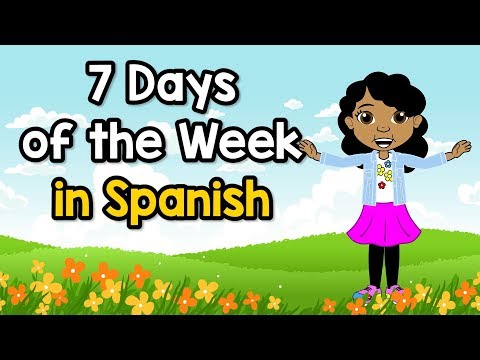
The Significance of ‘Sunday’ in Spanish Culture
The way people in Spanish-speaking cultures embrace domingo sets it apart from other days. Unlike the frenetic pace of the weekdays, domingo is a momentary escape, a time reserved not just for relaxation but for ritual and observance. Over the years, traditions surrounding this day have evolved but have always maintained their core value: togetherness. Families often attend church services, setting a spiritual tone for the day before heading home for hearty meals and storytelling.
In many regions, particularly in Latin America, Sundays are synonymous with family reunions. For example, in Mexico, it’s common to see families congregating for afternoon barbecues or attending local markets. These gatherings foster a sense of identity and belonging, intertwining the importance of cultural heritage with daily living. In short, Sundays act as a social glue, binding families and communities closer together.
But wait—domingo isn’t just a day off work. Its cultural roots stretch into language and history, melding with the identity of the Spanish-speaking world. So, what about the other days of the week? You might be surprised at how they all fit into this intricate dance!

A Closer Look at the Days of the Week in Spanish: From Sunday to Monday
When you break it down, the days of the week in Spanish each speak a language of their own. Let’s give you the rundown:
By understanding how these days relate, we start to appreciate the rhythm they create in daily life. Each has its essence, guiding cultural practices and shaping societal norms. Hence, a casual reference to domingo unfolds layers of meaning intertwined with the entire week!
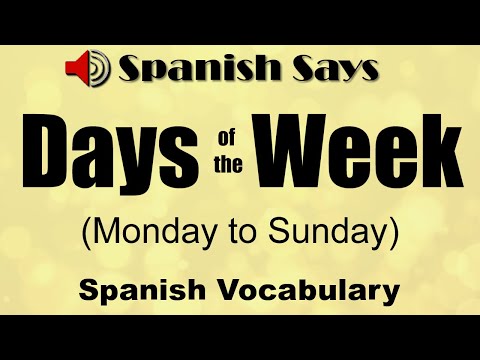
Language Nuances: The Importance of ‘Tomorrow’ in Spanish
Switching gears a bit, let’s take a peek at mañana, or “tomorrow” in Spanish. This simple word adds another dimension to the weekly narrative. Many rituals and planning sessions on domingo ultimately shape the expectations for the week ahead. In countries like Mexico, families frequently use Sunday meals to discuss plans for mañana, laying the groundwork for work and play.
For instance, while enjoying a traditional pozole (a richly flavored soup), families may jot down shopping lists, discuss school schedules, or coordinate activities, all fueled by the sense of community that domingo brings. It hammers home their commitment to facing the upcoming week together, armed with shared intentions. This concept connects domingo to lunes, giving it a forward-looking perspective that emphasizes preparation and unity.
Additionally, understanding how the vernacular shifts when transitioning from domingo to lunes deepens our comprehension of the Spanish-speaking ethos. Where domingo promulgates a sense of community and reflection, lunes ignites a return to routine—a blend of relaxation and readiness setting the tone for the days to come.
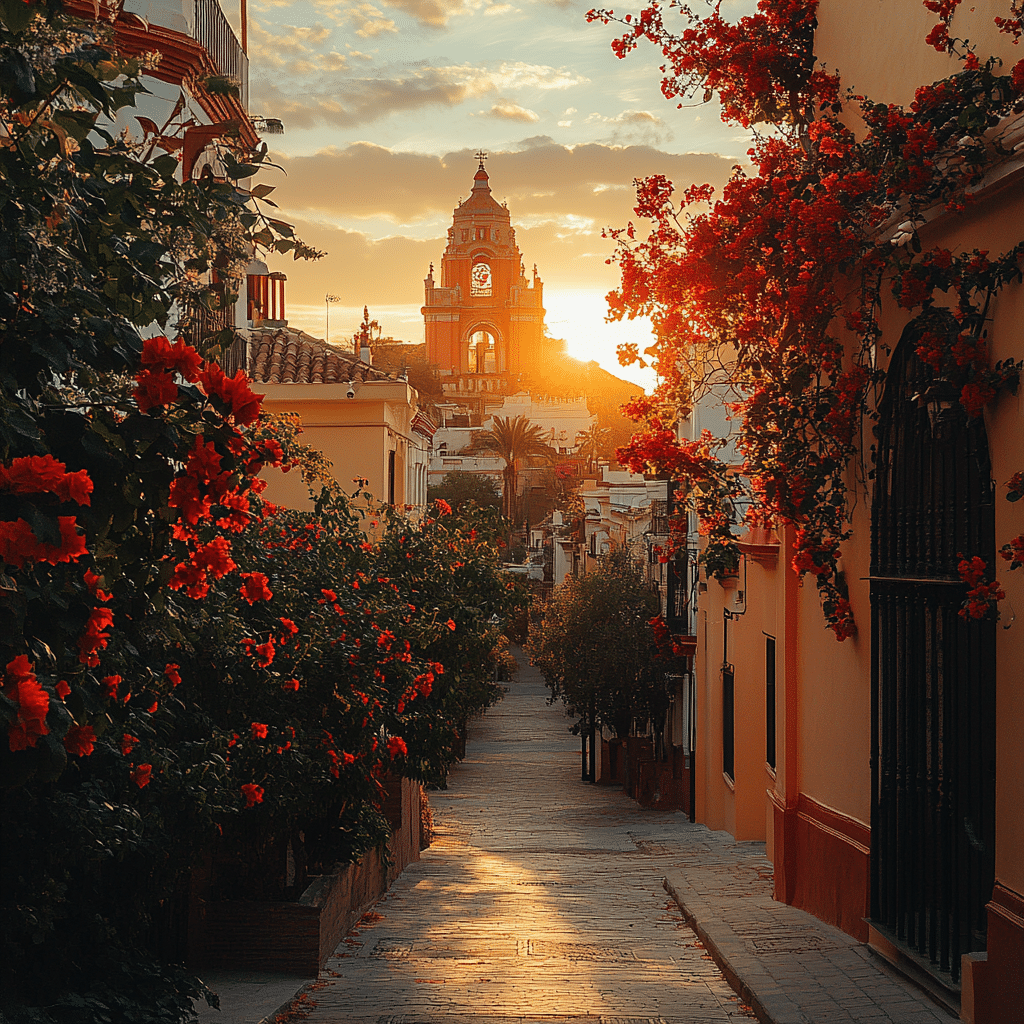
Sociocultural Influences: The Transition from Sunday to Monday
The transition from domingo to lunes isn’t just a simple change on the calendar; it represents a shift in mood and societal dynamics. For instance, in Argentina, many businesses might delay their openings on Sunday afternoons, allowing families to savor their time together before diving into the workweek. This unusual work schedule emphasizes the importance of family over productivity, showcasing how different cultures prioritize leisure.
Moreover, in Spain, traditional Sunday dinners often stretch late into the night, blurring the lines between domingo and lunes. Here, the community spirit thrives, enticing everyone to come back together for lengthy conversations over glasses of wine and plates of paella. This leads to a collective reminder that Monday approaches, but the connections made during domingo linger, encouraging resilience when the workday comes knocking.
This tug-of-war between leisure and labor underlines a widespread sentiment found across Latin American cultures: We savor the joy of domingo, knowing that our routines return with lunes. What’s intriguing is how this dynamic shapes perspectives on work-life balance as a whole!
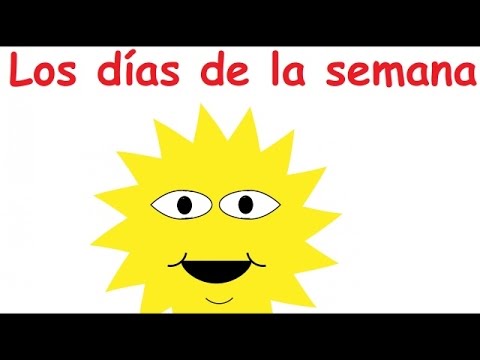
Celebrations and Traditions: Special Sundays in Spanish-Speaking Countries
Sundays across Spanish-speaking nations also bring forth a treasure trove of vibrant traditions. One of the standout celebrations is celebrated in Spain during Domingo de Ramos. This day marks the beginning of Holy Week, where communities flock to church with palm branches, engaging in beautiful processions that pay homage to their faith and heritage.
Yet not every Sunday parades in grandeur. In the Dominican Republic, many spend domingo in hushed reflection. Whether attending mass, meditating at home, or enjoying a quiet afternoon, the day appears to honor the sacred— a contrast to the bustling festivities celebrated in other regions. This dichotomy illustrates how domingo can flex between loud celebrations and serene introspection.
In other areas like Puerto Rico, Sunday is often reserved for family beach outings. From sun-soaked shores to picnics laden with traditional foods, these communal outings foster a sense of unity and allow folks to recharge their spirits before the week kicks off. Each tradition speaks volumes about how domingo evolves while staying tied to its cultural roots.
The Global Influence of ‘Domingo’
But the impact of domingo transcends linguistic borders. Its influence ripples through regions shaped by Spanish colonization. Take the Philippines, for instance, where Sundays remain integral to local customs; families unite for church services and community gatherings, echoing traditions from their Spanish past.
Even in the United States, we see hints of domingo’s ethos in communities with significant LatinX populations. Think about potlucks, communal barbecues, or gatherings at quinceneras—these traditions illustrate how the spirit of domingo persists, blending seamlessly with American culture.
As world citizens interact through globalization, this blending becomes even more pronounced. The way Sunday traditions take shape globally warms the heart and reminds us of shared values that transcend borders. Ultimately, domingo is not just a day but a worldwide reminder of connection and celebration.
Reflections on the Week: The Interconnection Among Days
In conclusion, when we weave the narrative of domingo with its counterpart lunes, we see threads of continuity and transition throughout the week. Each day, from jueves to viernes, contributes to the context of domingo, shaping our understanding of rest, work, and cultural significance. They interact with each other, transforming the mundane into a rhythm that guides lifestyle choices and unites families and communities.
Exploring how these days interconnect provides more than just a lesson in language; it offers insights into how people relate to time and tradition. Day by day, these linguistic nuances unfold meanings that enrich our everyday lives.
In essence, domingo is more than just a day of rest; it’s a cultural touchstone that intertwines language, tradition, and social customs. By embracing domingo, we pave the way for a deeper understanding of how life unfolds in diverse global communities, especially as they transition into lunes and beyond. Whether you find joy in bustling festivities or quiet reflections, domingo remains a staple, encouraging us all to connect, recharge, and prepare for the week ahead.
Sunday in Spanish: Understand Its Meaning and Origins
The Significance of Sunday in Spanish Culture
So, you’ve got “domingo” as the word for Sunday in Spanish, but did you know it has deep roots? The term comes from the Latin word dies Dominicus, meaning “the Lord’s Day.” In many Spanish-speaking countries, Sunday is a day for family, rest, and often religious observance. You might even encounter some interesting geography Lessons about how different cultures celebrate this day, highlighting various local customs and traditions. It’s pretty fascinating how such a simple word connects to rich cultural practices, don’t you think?
A Day for Leisure and Fun
In many places, Sunday is synonymous with leisure activities. Whether it’s a family barbecue, a stroll in the park, or some gaming—think of a casual round of basket random Unblocked games—it represents a time for unwinding away from the hustle and bustle of the workweek. Additionally, it’s common to see people engaging in hobbies, like fishing; knowing how to expertly cast fish hooks can turn a quiet Sunday into a thrilling hunt. For those who enjoy entertainment, catching up on shows, perhaps something like Julie And The Phantoms season 2, can become a Sunday ritual.
Reflecting on the Meaning
As we delve deeper into what Sunday in Spanish symbolizes, it’s clear that this day mirrors both rest and reflection. It’s a chance to step back and consider aspects of life, from personal wellness to global events, such as what’s happening in Israel and Lebanon. Amid all this, it’s essential to remember that maintaining a healthy lifestyle can greatly benefit our well-being, especially after a weekend of indulgence, so avoid those lifestyle diseases that lurk around the corner! Whether you’re looking for a motivational boost or the best tips on enjoying your Sunday, this day holds valuable opportunities for every individual. Plus, let’s not forget that with a spirit of adventure, one can even explore the virtual wilds, hunting down red dead redemption 2 Cheats for a little extra fun on a lazy Sunday afternoon!
In summary, Sunday in Spanish culture isn’t just a day of the week; it’s a blend of family, faith, fun, and reflection. So, the next time you say “domingo,” remember the rich history and significance wrapped up in that single word!
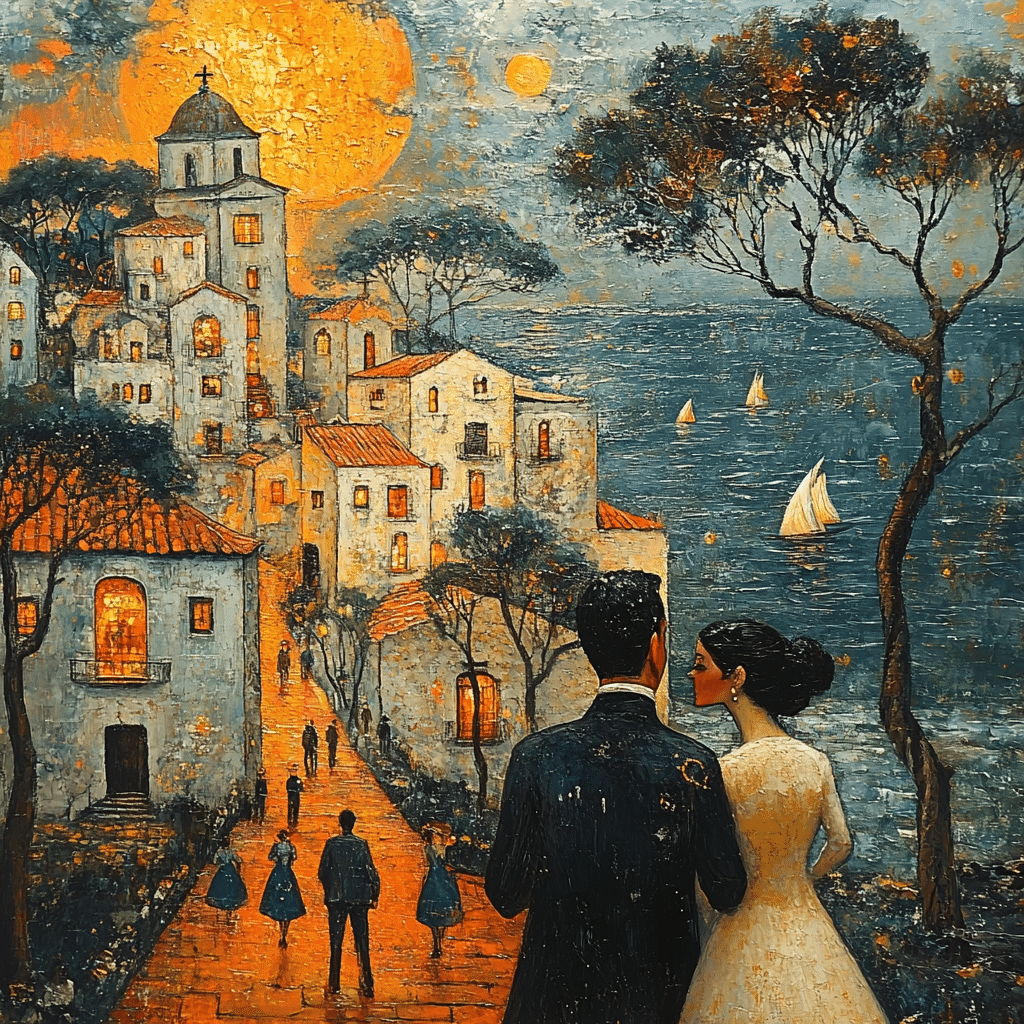
What are the 7 days in Spanish in order?
The seven days of the week in Spanish are Lunes, Martes, Miércoles, Jueves, Viernes, Sábado, and Domingo.
Why is Sunday called domingo?
Sunday is called “domingo,” which comes from the Latin word “Domenica,” meaning “The Lord’s Day,” highlighting its significance in Christianity.
How do you say days of week in Spanish?
To say “days of the week” in Spanish, you just say “días de la semana.”
How do you say Sunday in Spain?
In Spain, Sunday is also referred to as “domingo,” just like in many Spanish-speaking countries.
How do you say 7 am in Spanish?
To say 7 am in Spanish, you’d say “siete de la mañana.”
Why is Wednesday called miércoles in Spanish?
Wednesday is called “miércoles” because it comes from the Latin “dies Mercurii,” which means “day of Mercury,” the Roman god.
Why is Monday called Monday?
Monday is called “lunes” in Spanish, which is derived from the Latin “Luna,” meaning “moon.”
What day is Dom in Spanish?
“Dom” in Spanish refers to “domingo,” which is Sunday.
Why is sábado called sábado?
“Sábado” is named after the Hebrew word “Shabbat,” meaning “rest” or “day of rest,” reflecting its cultural significance.
How do you say month in Spanish slang?
In Spanish slang, “month” can be referred to as “mes.”
Is it el lunes or los lunes?
It’s “el lunes” when talking about Monday in a general sense, and “los lunes” when referring to Mondays in a habitual way.
What does “domingo” mean in Spanish slang?
In slang, “domingo” can have a chill or relaxed vibe, similar to saying “Sunday fun day.”
What is Sunday called in France?
In France, Sunday is called “dimanche.”
Do Spanish people work on Sundays?
Many Spanish people enjoy a day off on Sundays, often spending it with family or relaxing.
What is feliz domingo?
“Feliz domingo” means “Happy Sunday,” a common greeting to wish someone a pleasant day.
How did domingo get its name?
“Domingo” got its name from the Latin word “Domenica,” emphasizing its religious roots.
What does domingo mean in the Bible?
In the Bible, “domingo” translates to “The Lord’s Day,” marking a day of worship and rest.
What does “domingo” mean in Spanish slang?
In slang, “domingo” suggests a carefree vibe, sometimes associated with leisure activities.
Where does Sunday get its name from?
The name Sunday comes from the Old English “Sunnandæg,” meaning “day of the sun,” reflecting its influence from various cultures.
What are the 7 days of the week?
The seven days of the week are Sunday, Monday, Tuesday, Wednesday, Thursday, Friday, and Saturday.
How do you count to 7 in Spanish?
To count to 7 in Spanish, you’d say “uno, dos, tres, cuatro, cinco, seis, siete.”
What are the days of the week in Spanish calendar?
The days of the week in the Spanish calendar are the same: Lunes, Martes, Miércoles, Jueves, Viernes, Sábado, and Domingo.
What are the Super 7 Spanish?
The “Super 7 Spanish” usually refer to the key days of the week you need to know for everyday conversation.







